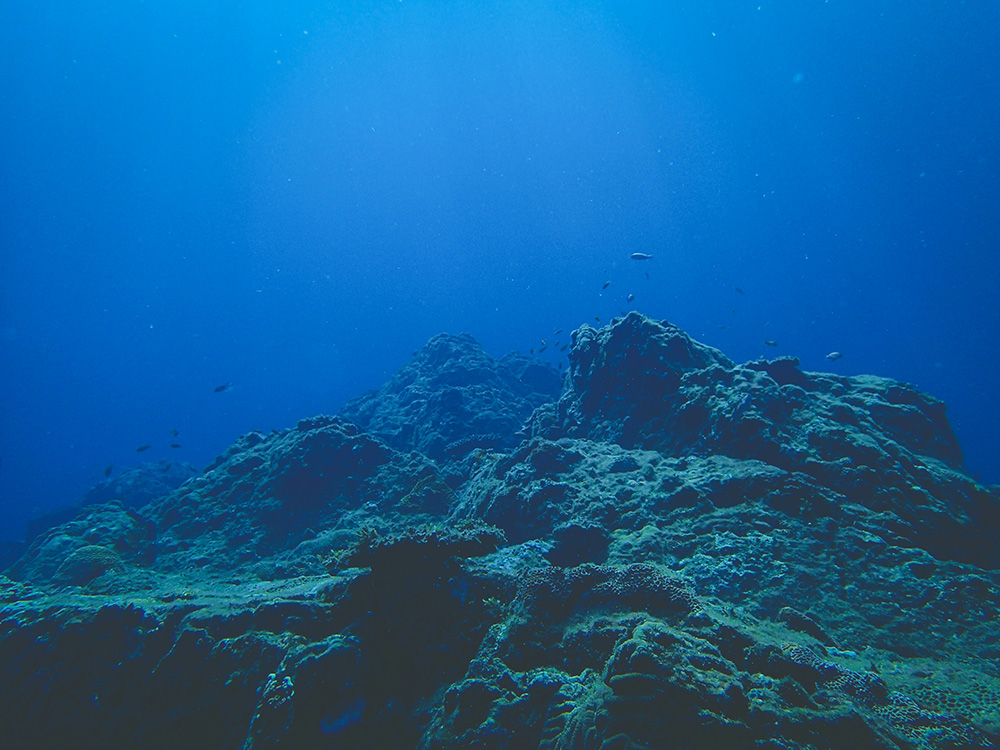The International Union for Conservation of Nature (IUCN) has reached a defining moment in global ocean governance, as delegates at the 2025 World Conservation Congress (WCC) overwhelmingly approved a motion to phase out destructive fishing practices on seamounts by the end of 2026.
Motion 032, spearheaded by the Deep Sea Conservation Coalition (DSCC) and led by WWF Australia, calls for an end to bottom trawling on seamounts in international waters. The proposal passed with near-unanimous support — winning 95% of votes from States and government agencies and an extraordinary 99% from NGOs and Indigenous Peoples’ organizations.
“This is a tangible step toward ocean protection at a global scale,” said Bronwen Golder, Global Seamounts Campaign Director at the DSCC. “With the High Seas Treaty now ratified, 2030’s goal to protect 30% of the ocean fast approaching, and next year’s UN Bottom Fisheries Review, this is a critical moment to prioritize seamount protection worldwide.”
Seamounts — underwater mountains rising thousands of meters from the ocean floor — are among the most biodiverse ecosystems on Earth. They provide feeding grounds and habitats for deep-sea corals, sponges, whales, sharks, and turtles. Yet for decades, industrial bottom trawling has devastated these fragile ecosystems, destroying ancient coral formations and threatening countless marine species.
The motion draws upon two decades of scientific evidence confirming that bottom trawling causes “widespread, irreversible degradation” to deep-sea environments. The United Nations’ Second World Ocean Assessment (2021) identified bottom trawling as the single greatest threat to seamount ecosystems.
Kate Noble, Senior Manager for Oceans Policy at WWF Australia, hailed the decision:
“The world is waking up to the vital importance of seamounts, for so long hidden in the depths. Whales, corals, seabirds, turtles and fish rely on them for survival. Their protection from destructive fishing is essential — we commend the IUCN members who championed this motion.”
The passage of Motion 032 is expected to influence next year’s UN General Assembly review, which will assess whether high-seas fishing nations and regional fisheries management organizations (RFMOs) have upheld 20 years of UN resolutions to safeguard seamounts and other vulnerable deep-sea ecosystems.
“This builds on nearly two decades of UN resolutions and legal obligations,” said Matthew Gianni, Co-Founder and Policy Advisor at the DSCC. “By adopting Motion 032, IUCN Members have reinforced the global responsibility to turn commitments into real protection for the deep sea.”
The move is being celebrated as a turning point in international marine conservation — one that could significantly contribute to global efforts to halt biodiversity loss, protect ocean ecosystems, and enhance the deep sea’s climate resilience.
.






